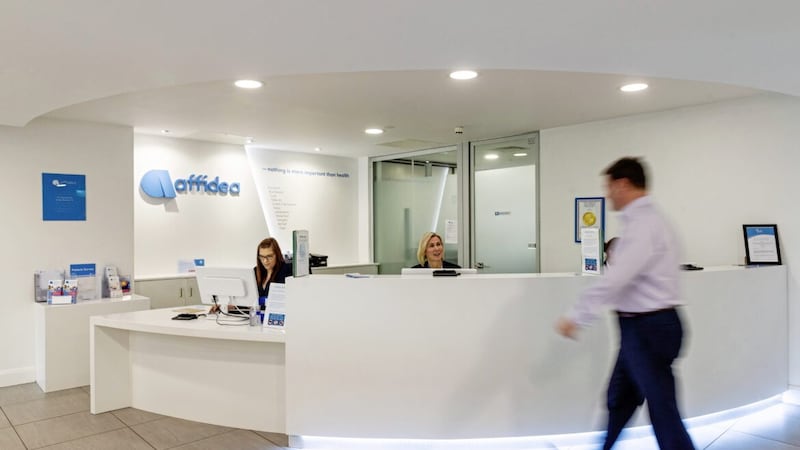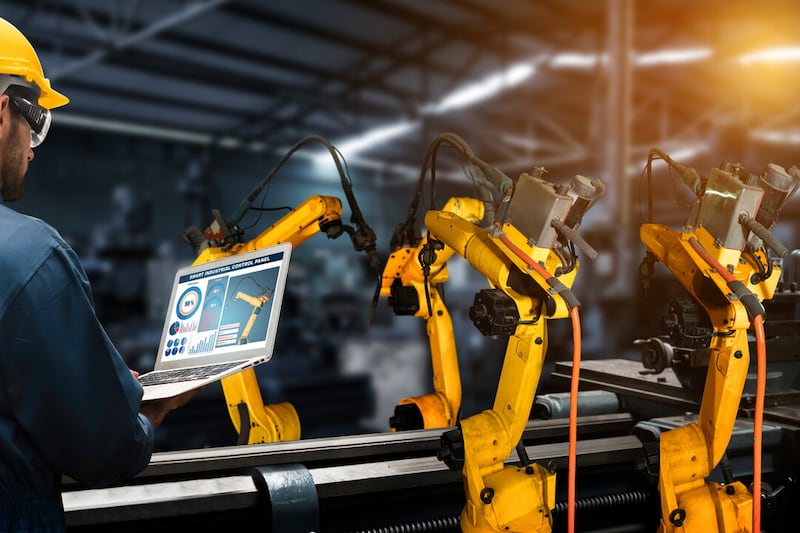EARLIER this month the GMB union published its own analysis of manufacturing jobs in the UK since the Conservative Party came to power in 2010, with some stark claims about the state of employment across the UKs nations and regions.
The report included a statistic that the Northern Ireland manufacturing community had shed almost 13,000 jobs, down to 75,600 - a decline, they say, of some 14.6 per cent.
As a representative body for the manufacturing community, this was an alarming report, but does it stand scrutiny?
Well, the UK’s manufacturing economy may be under stress and at risk of a Brexit induced spiral of decline, but the story at home is much more positive.
A quick two-line email to the great people at our statistics agency found that they were able to pull the actual numbers in a matter of minutes.
The good news was they report a 88,260 men and women are currently employed in the sector.
Better still, in the period from March 2010 to March 2023, they confirm that, rather than be in decline, our manufacturers have actually added 15,500 new jobs - a massive increase of 21.3 per cent.
Manufacturing NI shares GMB's ambition for the UK’s manufacturing community. We also share its frustration that the UK's economic policy has not put a focus on making things.
We know that the world’s strongest economies (including Germany, more recently the US and, just a matter of miles away Ireland) cherish their makers and deliver policies to create an environment in which they can thrive.
The evidence is clear - when manufacturing grows, the whole economy grows with it.
Back in 2007, as one of its first acts, the NI Executive established industrial derating policy not simply to avoid harm but to do some good. The sector made a commitment to invest this saving on employing more people, investing in their capability and sell in external markets.
The evidence is now clear, across all those metrics, that they have held up to their side of the bargain.
So, it is alarming that just at the moment of unique Brexit opportunity, when massive capital investment is required to meet the demands of labour shortages and we’re bringing in more hard cash from external markets that the NIO have asked our Civil Service to review removing industrial derating.
Our public finances need reform and the Stormont books needs to be balanced.
But the last thing Stormont or the NIO should be doing is puncturing our prospects in an effort to settle our politics.
:: Stephen Kelly is chief executive of Manufacturing NI









